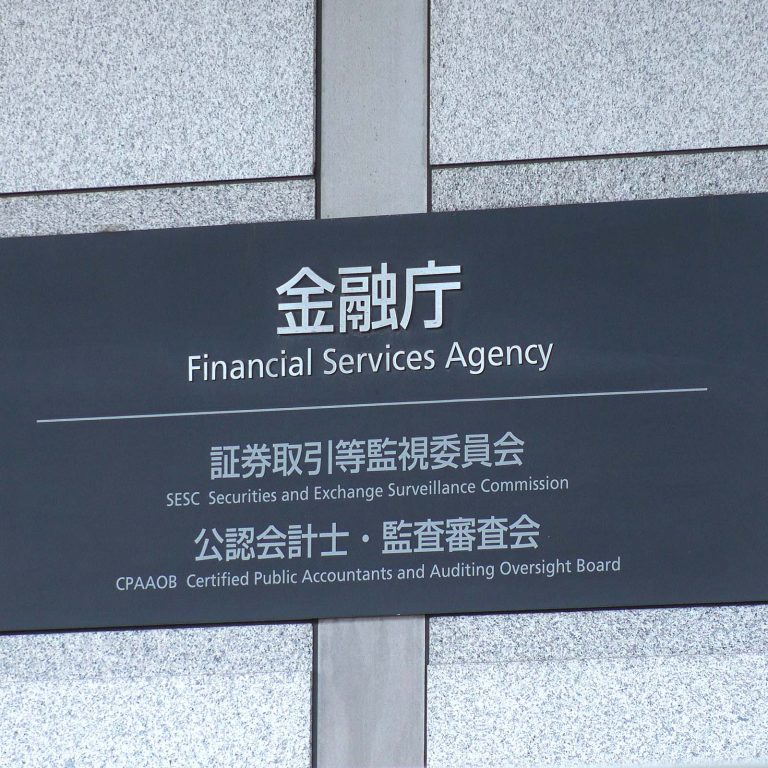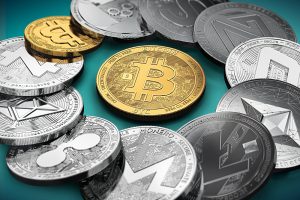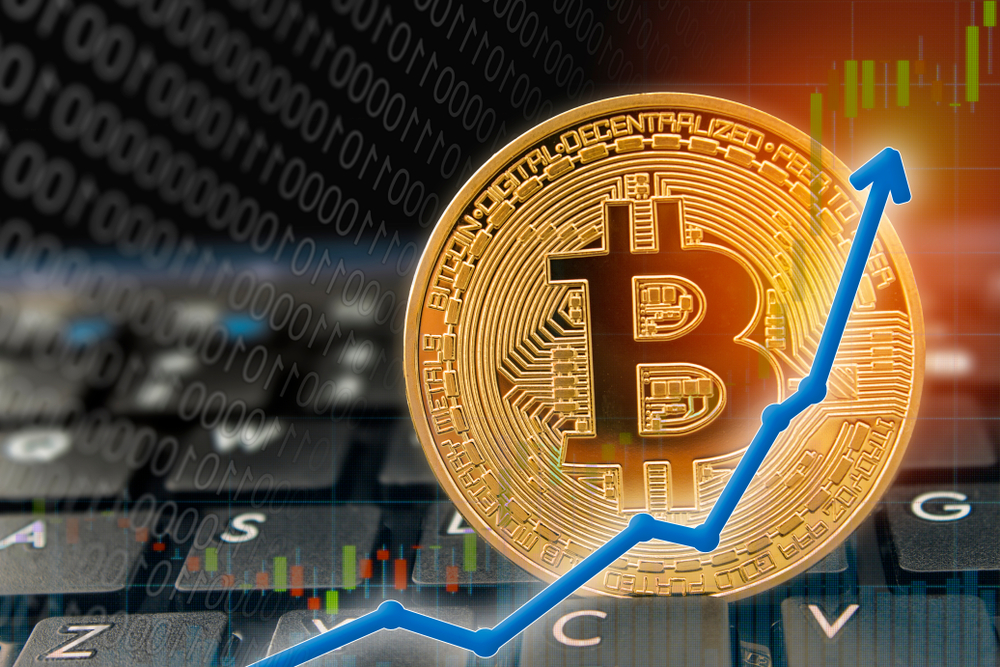
The different prices of bitcoin and other cryptocurrencies between countries and exchanges have led investors to seek arbitrage opportunities, a trend noticed by financial regulators around the world. Discussions are underway at the Japanese Financial Services Agency on restricting leverage.
Also read: This Village Decided to Launch Japan’s First Municipal ICO
Value of Bitcoin up 10% After Sending It Elsewhere
 Cryptocurrencies are traded in many countries with varying prices. The value of BTC in Zimbabwe, for instance, is currently 80% higher than in Japan. Hyperinflation has made bitcoin popular in the African country because many of its residents do not trust their own fiat currency.
Cryptocurrencies are traded in many countries with varying prices. The value of BTC in Zimbabwe, for instance, is currently 80% higher than in Japan. Hyperinflation has made bitcoin popular in the African country because many of its residents do not trust their own fiat currency.
In stock markets, investors cannot employ arbitrage because each stock has only one price at a given time. However, digital currencies like bitcoin are financial products that defy the law of the universal price. The change in the price of cryptocurrency doesn’t only emerge across borders but also within borders, between crypto exchanges. Arbitrage is an activity exploited by cryptocurrency traders who spot those price changes to make a profit.
The price of BTC in South Korea is relatively high compared to other markets. The gap is known as the “kimchi premium.” When the price of bitcoin went down last January, 1 BTC was worth about ¥2 million ($18,200 USD), and about the equivalent of ¥2.6 million (USD 23,600), in South Korea. It was a “kimchi premium” of 30% at the time. Sometimes the premium reportedly went as high as 50%.

Nikkei reported the story of a Korean man in his 20s working in Japan, who made a profit in bitcoin in May 2017, when he repaid a friend from home about ¥500,000 ($4,500) in BTC, because the transaction fees were cheaper that way. The price of BTC in



